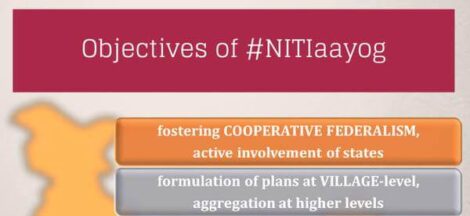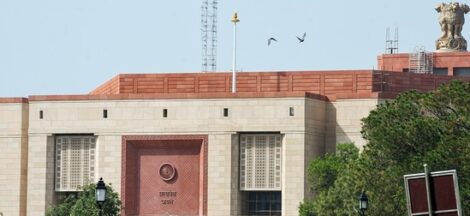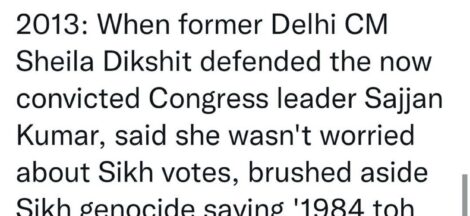By W. T. Whitney Jr.
Cuban President Miguel Díaz-Canel returned to Havana November 15 after a multi-nation trip to Russia, North Korea, China, Vietnam, and Laos. He and his delegation had also stopped in Paris and London. In late September in New York, he had introduced himself to the world community at the United Nations General Assembly. Spanish Prime Minister Pedro Sánchez was in Havana for talks on November 22-23.
Meeting people and making contacts apparently is a specialty for the new Cuban president. Having taken office on April 19, he has traveled extensively throughout the island talking with Cubans. His recent trip went along with Cuba’s long term efforts to avoid international isolation. Presently, foreign support is of paramount importance to Cuba’s prioritized efforts to build and modernize its economy.
Cuba needs foreign investment and credit, expanded domestic food production, improved housing and transportation facilities, stable energy sources, funding for tourism infrastructure, and assistance in coping with climate change.
The background noise in Cuba is of change. A revised constitution will be adopted soon; the new right-wing surge in Latin America is complicating Cuba’s solidarity relationships in the region. Two realities are unchanged, however: The population still endures low income and shortages, and the U.S. economic blockade still weighs upon Cuban society.
The promise of support and solidarity from abroad is a bright light. Communist–led Cuba has a calling card providing entrée to counterpart nations. And two favorably disposed nations (one non-Communist) have the means to provide significant economic aid.
Ricardo Cabrisas, vice president of Cuba’s Council of Ministers, joined Díaz-Canel on the trip. Journalist Arleen Rodríguez’s interview with him provided much of the information recorded here.
Cuba-Russian collaboration blossomed after cancellation of Cuban debt owed to the USSR and after President Vladimir Putin visited Cuba in June 2014. In Moscow, Díaz-Canel conferred with Putin, Prime Minister Dmitri Medvedev, Duma leaders, the Patriarch of the Russian Orthodox Church, and Communist Party leader Gennady Zyuganov.
A Cuba-Russia intergovernmental commission had already prepared eight potential agreements having to do mostly with trade and investments. Signed by the two national leaders, they’ll remain in force until 2030.
On the way are: installation in Cuba of Glonass, the Russian equivalent of GPS; collaboration in sports and physical culture; Russian financing and help with refurbishing three of Cuba’s ten 100 megawatt electrical generation plants, and assistance in modernizing and expanding Cuban production of rolled steel and steel bars and rods.
Russia will help with improving rail travel in Cuba, with rail buses being provided as part of the arrangement. Two companies, one from each nation, will collaborate in quality control of goods being traded. Russia will provide Cuba with wheat and energy-saving LED lights and assist in recovery of Cuban citrus production. A Russian company will continue explorations of Cuban oil deposits, estimated to be as high as 20 billion barrels, and build transportation infrastructure and platforms at sea.
In China, Díaz-Canel attended an international import exhibition in Shanghai and in Beijing met with President Xi Jinping, Prime Minister Li Keqiang, and Li Zhanshu, president of the National People’s Congress.
Leaders of the two countries signed agreements fashioned earlier by an inter-governmental commission. They approved a memorandum of understanding that brings Cuba into China’s Belt and Road Initiative, that country’s mega framework for trade and investments throughout the underdeveloped world. Cabrisas sees the need “to determine the “objective principles and guidelines” for Cuba’s involvement with the Chinese project. Another signed memorandum has to do generally with “increasing production and investment” in Cuba and with furthering renewable sources of energy.
China will be setting up one line of credit of $124 million to pay for equipment needed for Cuba’s tourism industry and another of $40 million to fund equipment essential for developing renewable energy sources. A donation of $129 million will pay for cyber-security projects.
China will provide equipment for food production in Guantanamo Province and build a fruit and vegetable canning factory in Ciego de Ávila. Plans are on the way to enable Cuba’s biotechnology and pharmaceutical industries to serve health needs in China.
In Vietnam, Díaz-Canel and his party met with President Nguyen Phu Trong, general secretary of the Communist Party. They met too with Prime Minister Nguyen Xuan Phuc and Speaker of the National Assembly Nguyen Thi Kim Ngan. The parties signed a trade agreement that would “consolidate, expand, and intensify commercial relations.” It was more detailed and comprehensive than earlier agreements. Deliveries of rice from Vietnam to Cuba will continue, as will Vietnamese tutelage in rice production.
Meetings in Laos resulted in memoranda of “understanding and cooperation” in sports, education, banking, and trade. Barter of goods and services is envisioned. In the Democratic People’s Republic of Korea, the Cubans authorized cooperation agreements as to sports, education, and tourism. Cabrisas extolled the warmth both of the conversations there and the population’s reaction to the visiting Cubans.
Díaz-Canel’s visit to Laos was a first for a Cuban head of state, although he himself had been there in 2013 as Cuba’s vice president. In the end, he and his colleagues had visited all nations in the world headed by Communist parties, except for Nepal. Perhaps Díaz-Canel’s itinerary sends a message about his own orientation. It evidently doesn’t jibe with the view of those Cubans who see upcoming constitutional changes as weakening Cuba’s attachment to socialism.
En route to Moscow, Díaz-Canel visited Paris where he discussed trade matters with Prime Minister Édouard Philippe. He met with UNESCO head Audrey Azoulay. Stopping in Great Britain on his return journey, Díaz -Canel explored commercial possibilities as he met with the Chancellor of the Exchequer, Labour Party leader Jeremy Corbyn, some parliamentarians, and businesspersons gathered under the auspices of Cuba Initiative, a trade-promoting organization. He met with solidarity activists and visited the grave of Karl Marx. (IPA Service)
Courtesy: People’s World
The post Cuba Is Seeking Foreign Investments From Friendly Nations appeared first on Newspack by India Press Agency.


